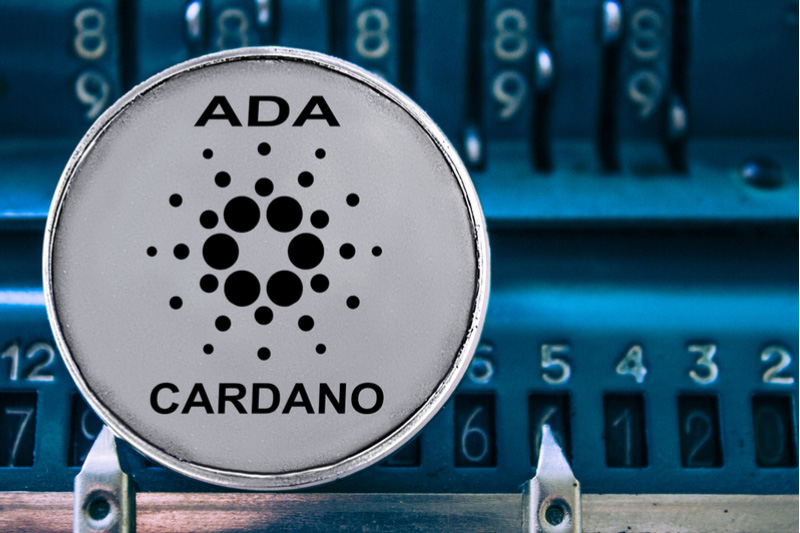- Charles Hoskinson shared a message which alleges the cause of the price crash of LUNA and UST.
- The message involves a scheme created by Blackrock (NYSE:BLK) and Citadel to trigger massive liquidation.
- Meanwhile, Do Kwon shared their LUNA and UST price recovery plan.
Cardano creator Charles Hoskinson recently shared a message that alleges the cause of the price crash of Terra (LUNA) and stablecoin UST.
According to a message sent to Hoskinson by a person named Anna, the event is a well-executed strategy that capitalized on Terraform Labs CEO Do Kwon’s alleged naivety and Anchor being an alleged Ponzi scheme.
The scheme involved crypto investment management firms Blackrock and Citadel, whom the person Anna claimed to have borrowed 100,000 bitcoins from Gemini. After receiving the said amount, these companies were claimed to have converted 25,000 bitcoins into UST.
Afterward, they contacted Do Kwon, saying that they wanted to sell a lot of BTC for UST. However, they were said to have offered to sell a significant amount of BTC for a discount, which the latter accepted. Unfortunately, this caused UST to lower its liquidity.
Once this happened, Blackrock and Citadel were alleged to have dumped all the bitcoins and the UST, which caused huge slippage and triggered a cascade of forced liquidation in both assets.
The message concluded:
Blackrock and Citadel can now buy the BTC back cheaply to repay the loan and pocket the difference. Meanwhile, billions of longs and Bitcoin VaR were wiped out.
On the other hand, Do Kwon finally spoke up about the details of the rumored recovery plan for TerraUSD’s (UST) de-pegging. In a series of tweets, he proposed to increase “basepool from 50M to 100M SDR and decrease PoolRecoveryBlock” from 36 to 18. Consequently, this move will raise the minting capacity from $293M to “$1200M”.
Alongside this proposal, Kwon also shared his thoughts on the possible cause of the de-pegging. He said that the stablecoin’s price stabilization mechanism is absorbing 10% of UST’s total supply and that the cost of absorbing huge amounts of stablecoins simultaneously “stretched out the on-chain swap spread to 40%.”
